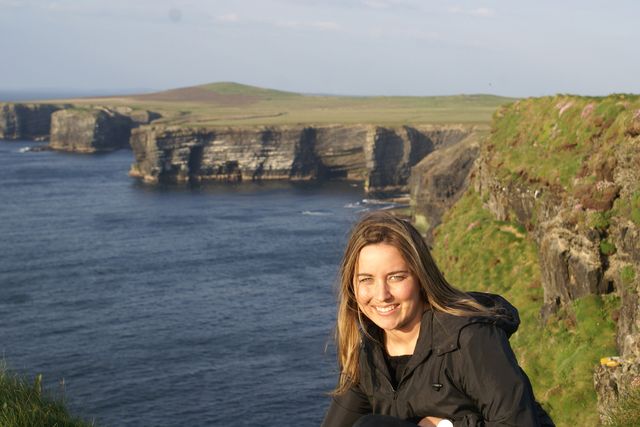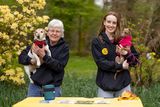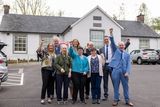What you can do to increase biodiversity and capture carbon
Proper composting is increasingly important
On March 21, (Spring Equinox), Transition Kerry will host a pruning and cuttings workshop which will take place from 10am to 11.45am, followed by a composting workshop (funded by Kerry County Council) from 12pm to 2pm. Booking is essential as numbers are limited. For further information and to book a place, please email biodiversity@transitionkerrry.org.
These workshops will take place in the tremendous community resource that is Moyderwell allotment, Tralee. Here, there are practical working examples of composting methods and the resultant rich compost that fertilizes the many varieties of fruit trees, fruit bushes and allotments managed by individuals and community groups.
The allotments will also provide ample opportunities to learn about pruning, taking your own cuttings and propagating various plants.
In light of recent IPCC reports which state that "the world needs to take urgent, transformative action by 2030 to avert the worst impacts of climate change beyond 1.5°C degrees warming" and reports which outline that "the health of ecosystems on which we, and all other species depend, is deteriorating more rapidly than ever", the need by individuals and communities to seek and implement solutions is ever more urgent.
Using extensive research, Project Drawdown has examined over 100 important existing solutions that can capture carbon and address global warming. Protection of ecosystems and management of waste are key areas that we all can learn about and take action on in our homes and communities https://www.drawdown.org/.
Both workshops on March 21 are opportunities to develop skills and take transformative action on these key solutions.
Pruning/Cuttings/Propagation Workshop:
During the pruning/cuttings/ propagation workshop, Niamh Ní Dhúil will show you how to take cuttings from fruit bushes and other plants to grow in your own garden. You will learn how to divide useful ground-covering plants that can help create food sources and habitats for pollinators who will then help pollinate your fruit.
Niamh will demystify and simplify these extremely satisfying, cost-saving and invaluable skills that contribute to biodiversity and ecosystem protection.
You can also bring along some plants or seeds to share if you have them. See https://www.facebook.com/NaturalKitchenGardens for more.
Composting:
Nearly half of the solid waste produced globally is organic or biodegradable. Regrettably, much of it ends up in landfills, where it decomposes in the absence of oxygen and produces the greenhouse gas methane, which is up to 34 times more powerful than carbon dioxide over a century.
An effective solution is to divert organic waste to composting. Globally, two billion people do not have access to waste-collection services, and three billion people lack access to controlled waste disposal facilities. If we are to reach the Sustainable Development Goal of safer, more resilient and sustainable towns and human settlements, it is imperative that, with increasing urban populations and the expansion of consumer-oriented economies, we manage our waste efficiently. See https://sustainabledevelopment.un.org/sdg11.
Donal O'Leary (environmental consultant and trainer) https:// will demonstrate how - by ensuring sufficient moisture, air and heat - soil microbes can feast on organic matter such as garden waste and vegetable food scraps and turn it into a dark, crumbly, nutrient-rich material called compost.
Rather than generating methane, the composting process converts organic material into stable soil carbon, while retaining water and nutrients of the original waste matter, proving Donal's adage that "nature is his favourite and best collaborator". Compost is rich in nutrients and is great for your garden, shrubs or even indoor potted plants.
A noble and necessary aspiration is that like Copenhagen, who have not sent organic waste to landfill in more than 25 years - we in Kerry aim to reap compost's win-win of cost savings, reduced emissions and production of fertilizer for our communities and gardens. Remember, as cultural anthropoligist Margaret Mead stated: "Never doubt that a small group of thoughtful, committed citizens can change the world - indeed, it is the only thing that ever has."











